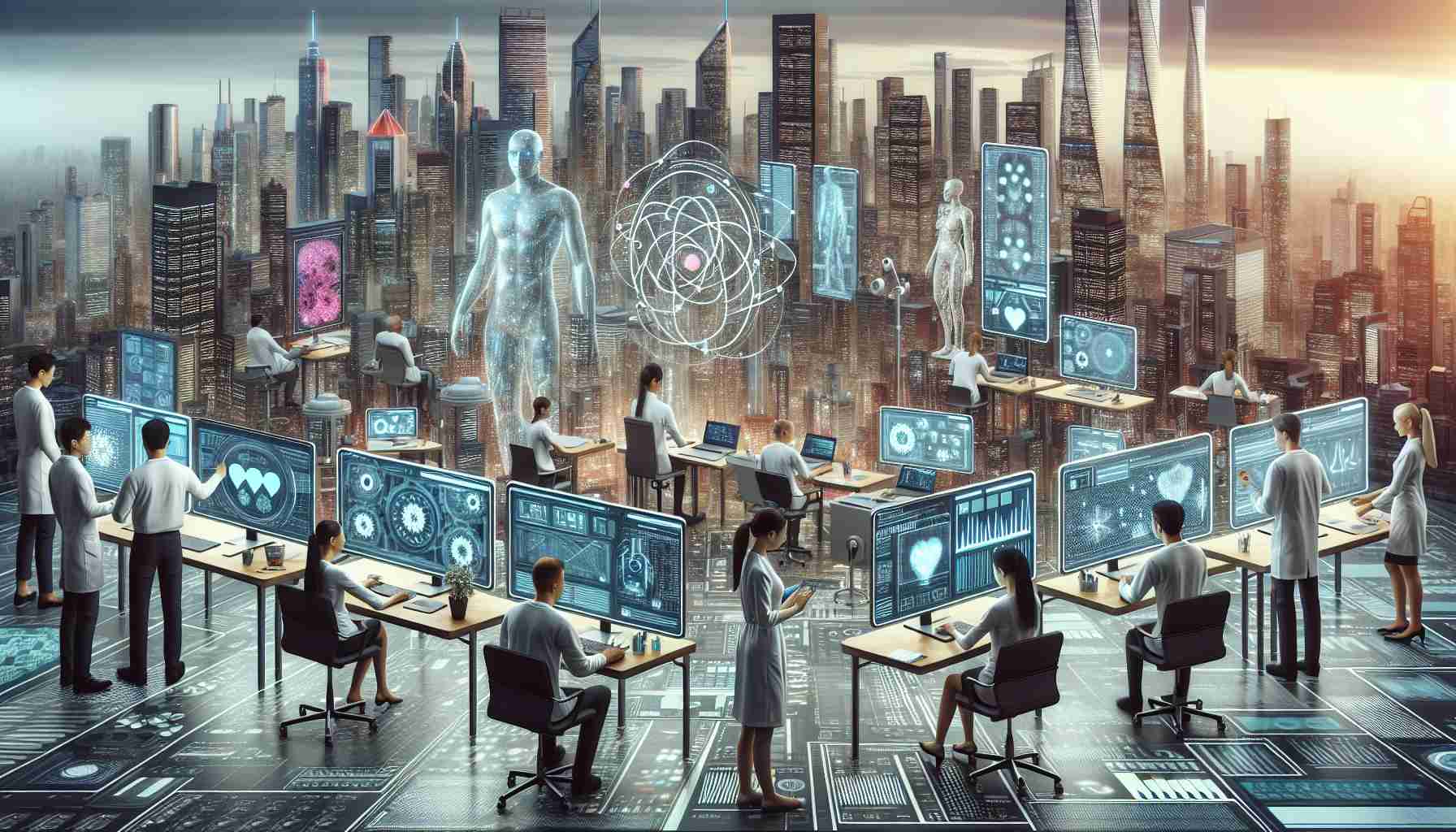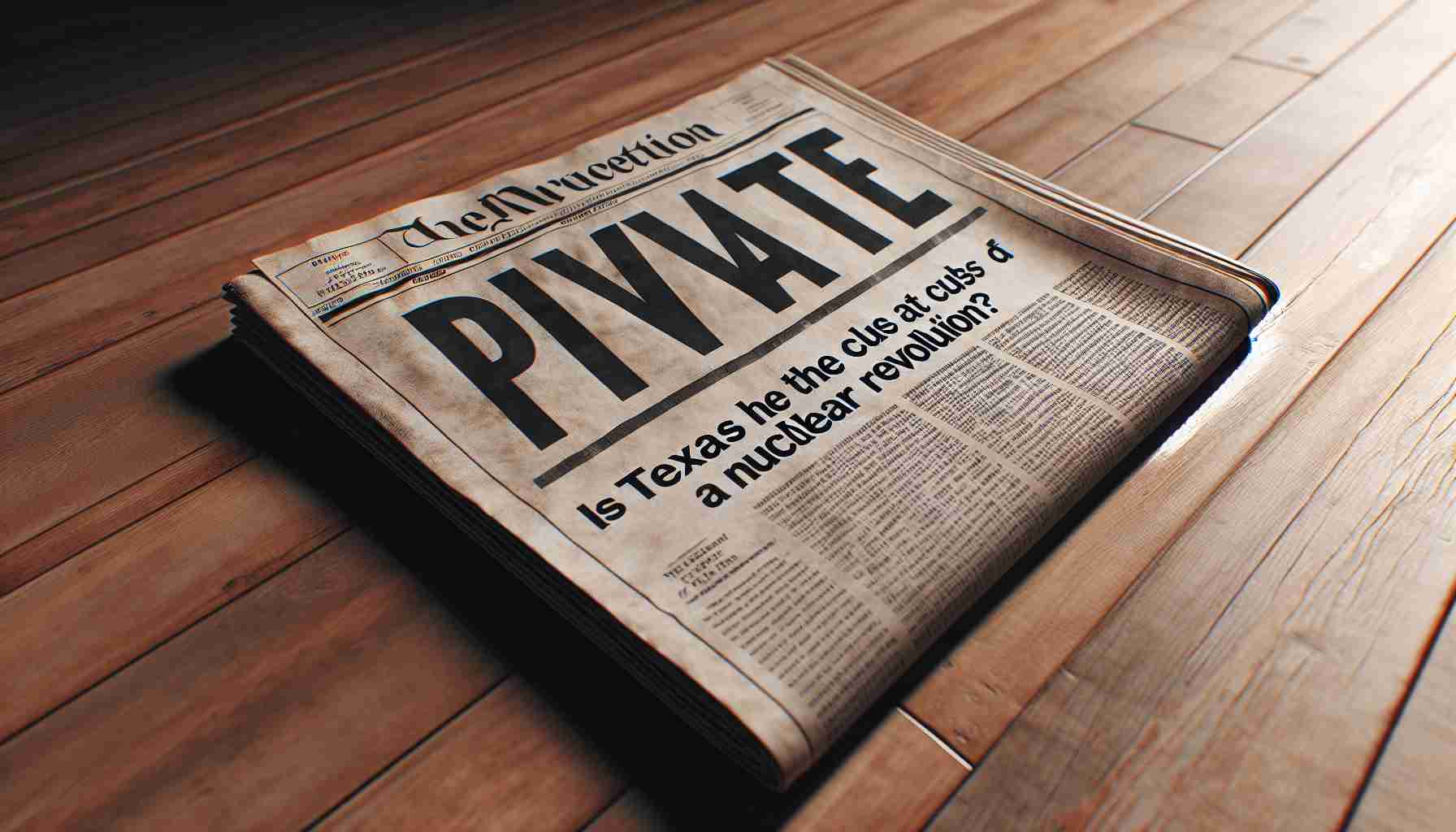The rise of artificial intelligence has brought about a myriad of ethical and legal quandaries regarding the use of copyrighted materials for training the technology. Various perspectives and interpretations contribute to the ongoing discussion, with no clear consensus reached yet.
Microsoft’s advancements in AI technology have thrust them into this contentious issue. Mustafa Suleyman, leading the department, recently expressed the notion that content freely available on the web can be used by anyone, constituting fair use.
Addressing a related question, he asserted that content uploaded on the internet is freely usable, transferrable, and adaptable based on an unspecified social contract.
This statement is particularly intriguing, especially as Microsoft faces numerous legal battles in this unregulated domain. Despite the evident flaws in this assertion, it appears that they advocate for their practices as legal and just.
It is common knowledge that once a work is created, it automatically falls under copyright protection, and sharing it online does not relinquish those rights automatically. Renouncing these rights requires a distinct administrative procedure.
Contrary to Suleyman’s claims that fair use is agreed upon collectively, specific legislation governs this. Should a disputed case make its way to court, the impact of content usage on the rights of the copyright holder must be evaluated.
Although companies have persistently sought refuge in fair use in such scenarios, none have taken it to the extent of Suleyman, who evidently spreads misinformation in defense of the company’s practices.
In the ongoing ethical debate surrounding AI-generated content usage, there are several crucial questions that need to be addressed:
1. What are the boundaries of fair use when it comes to utilizing AI with copyrighted materials?
– Fair use allows for limited use of copyrighted material without the need for permission from the rights holder. However, the extent to which AI can utilize such material is still a point of contention.
2. How do we ensure transparency and accountability in AI-generated content creation?
– As AI technologies become more advanced, ensuring transparency about the sources of data and how it is used becomes increasingly important in the context of ethical content creation.
3. What measures should be in place to protect the intellectual property rights of creators in the age of AI-generated content?
– With the rise of AI-generated content, there is a pressing need to develop frameworks that protect the intellectual property rights of creators while also fostering innovation and creativity.
One of the key challenges associated with AI-generated content usage is the potential for mass infringement of intellectual property rights. As AI systems are trained on vast amounts of data, there is a risk that copyrighted material may be inadvertently used without proper authorization.
Another controversy is the lack of clear legal guidelines surrounding the ownership and use of content generated by AI. In cases where AI creates original work, questions arise about who holds the rights to that content and how it should be regulated.
Advantages of AI-generated content include increased efficiency and productivity in content creation, as well as the ability to generate vast amounts of data quickly. This can be particularly useful in industries such as marketing and journalism where time-sensitive content is crucial.
However, one major disadvantage is the potential loss of human creativity and the devaluation of original artistic expression. As AI becomes more sophisticated in generating content, there is a concern that human creators may be sidelined in favor of automated processes.
For further insights into the ethical implications of AI-generated content, you can explore the domain Electronic Frontier Foundation for in-depth information on digital rights and technology ethics.






















